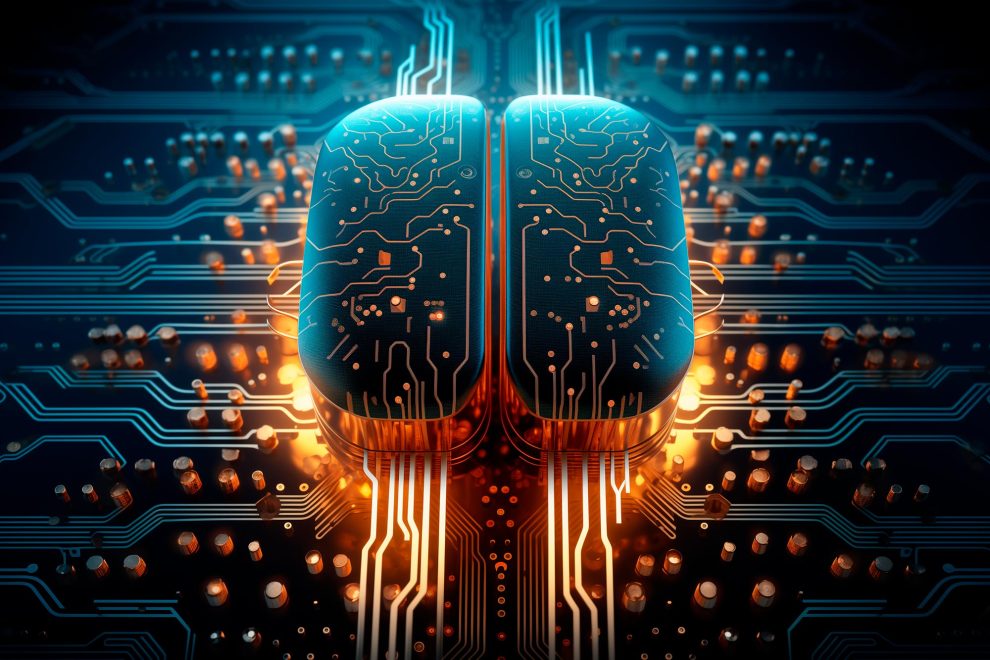While artificial intelligence (AI) algorithms may hold the blueprints for intelligence, it’s the specialized hardware known as AI chips that provide the computational muscle to bring them to life. These dedicated processors are revolutionizing the landscape of computing, accelerating AI computations and opening doors to a future filled with smarter machines and transformative applications.
Why Specialized Chips for AI?
Traditional CPUs, the workhorses of general-purpose computing, struggle with the demands of AI algorithms. They excel at sequential tasks but lag behind when it comes to the massive parallel processing needed for tasks like image recognition or natural language processing. This is where AI chips step in, specifically designed to handle the unique data types and computational needs of AI algorithms.
The Rise of the AI Chip Champions:
- GPUs (Graphics Processing Units): Originally designed for 3D graphics, GPUs have proven adept at parallel processing, making them popular choices for early AI applications. Their massive number of cores handle data concurrently, significantly speeding up AI computations.
- TPUs (Tensor Processing Units): Google’s custom-designed TPUs are optimized for matrix multiplication, a core operation in many AI algorithms. These specialized chips boast immense processing power and efficiency, making them ideal for large-scale AI training and inference tasks.
- FPGAs (Field-Programmable Gate Arrays): These versatile chips can be rewired on-the-fly, allowing them to adapt to various AI algorithms. While not as powerful as GPUs or TPUs, their flexibility makes them ideal for research and development, prototyping, and edge computing applications.
The Benefits of Specialized AI Hardware:
- Faster Processing: AI chips significantly speed up AI computations, enabling real-time applications like self-driving cars and speech recognition.
- Reduced Power Consumption: Optimized designs make AI chips more energy-efficient, crucial for mobile devices and sustainable computing practices.
- Cost-Effectiveness: Dedicated hardware can handle complex AI tasks cost-effectively compared to using large clusters of general-purpose computers.
- New Possibilities: The increasing power and affordability of AI chips unlock new possibilities for deploying AI in diverse sectors, from healthcare and finance to robotics and agriculture.
Challenges and the Road Ahead:
Despite their advantages, AI chips face hurdles:
- Software and Algorithm Optimization: Maximizing the potential of AI chips requires developing software and algorithms specifically designed for their architecture.
- Hardware Specialization: Different AI tasks might require different types of specialized hardware, leading to a complex and potentially fragmented landscape.
- Talent and Expertise: A skilled workforce trained in building and utilizing AI chips is crucial for widespread adoption and continued innovation.
Conclusion:
AI chips are not just technological marvels; they’re drivers of progress, pushing the boundaries of what’s possible in computing and paving the way for a future powered by intelligent machines. By addressing the challenges and fostering collaboration, we can continue to innovate and harness the power of AI chips to solve complex problems, improve our lives, and shape a brighter world.
















Add Comment